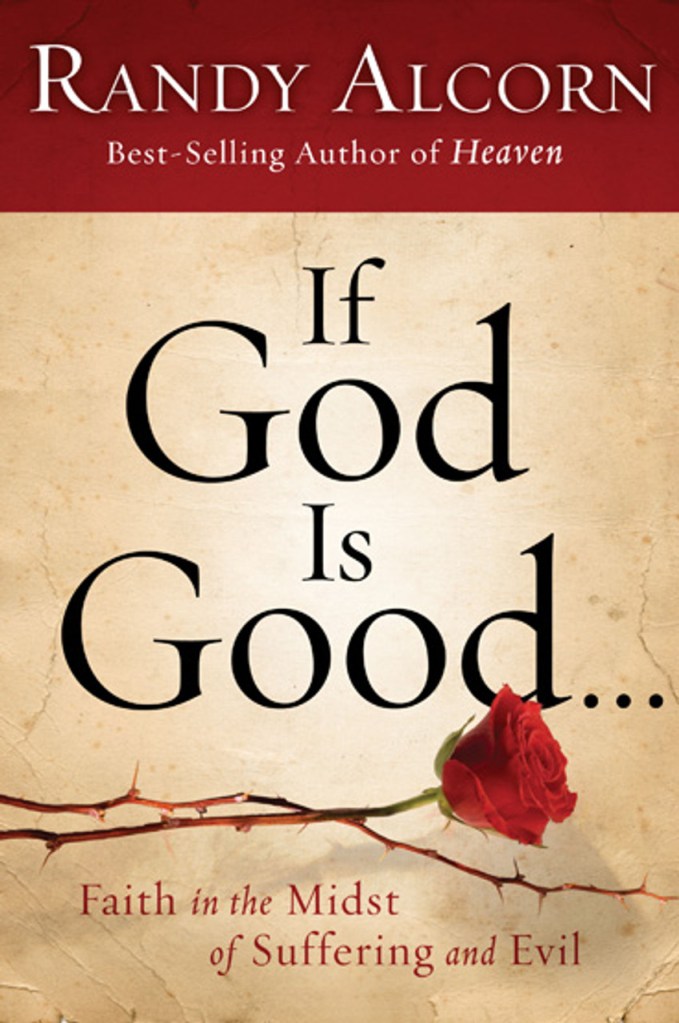For those Christians who believe in millions of years, it is only logical that the world as we see it today with all its groaning has gone on like this for millions of years before man. This then puts the blame on God for death, disease, and suffering. But God’s Word blames our sin!
No, one can’t add millions of years into Scripture. To do so is to attack the character of God and undermine the authority of the Word of God.
When God originally created everything, it was “very good.” There was no death, disease, or suffering. But because we (in Adam) sinned against our holy God (we committed high treason against God by our outright disobedience), God judged that disobedience with death and the curse (Genesis 3:14–19; Romans 5:12).
“Therefore, just as sin came into the world through one man and death through sin, and so death spread to all men because all sinned… The good news is ”For if, because of one man’s trespass, death reigned through that one man, much more will those who receive the abundance of grace and the free gift of righteousness reign in life through the one man Jesus Christ.” Romans 5:12, 17
It must be remembered that there was a supernatural entity, Satan, involved in deceiving Eve and Adam into disobeying God. He is a fallen angel who we are told rebelled against God because he wanted to be God.
Satan is called the “prince of the power of the air” in Ephesians 2:2. He is the “ruler of this world” in John 12:31. These titles and many more signify Satan’s capabilities. To say, for example, that Satan is the “prince of the power of the air” is to signify that in some way he rules over the world and the people in it. This is not to say that he rules the world completely; God is still sovereign. But it does mean that God, in His infinite wisdom, has allowed Satan to operate in this world within the boundaries God has set for him.

We know from Biblical prophecy that all of the O.T. prophets were told that their Messiah would eventually rule Israel (Acts 3:24), the nation God established for His purposes. Almost 2,000 Biblical prophecies are of Jesus’ return to this Earth first to rescue His Saints and pour out His wrath upon an unrepentant world. Jesus then returns to Earth with the glorified Saints to rule and reign the nations with a rod of iron for 1000 years. Satan has ruled this world for 6,000 years but now he is bound in chains for most of the thousand years. He is released at the end of the thousand years and we are told that he is still able to raise an army of rebellious people to come against Jesus and the Saints. Fire from heaven consumes them and it is at this stage God destroys the old heaven and earth. Jesus’ Millennial Kingdom is a transition period.

It is after the second resurrection and the White Throne judgement that John sees a magnificent new Jerusalem descending from a new Heaven onto a new Earth where there will be no more death, disease, pain, or suffering. It will be a restoration (Acts 3:20–21). If death, disease, and suffering have been here since God created life, then it makes no sense that there will be a restoration to a new heaven and earth with no death and suffering.








